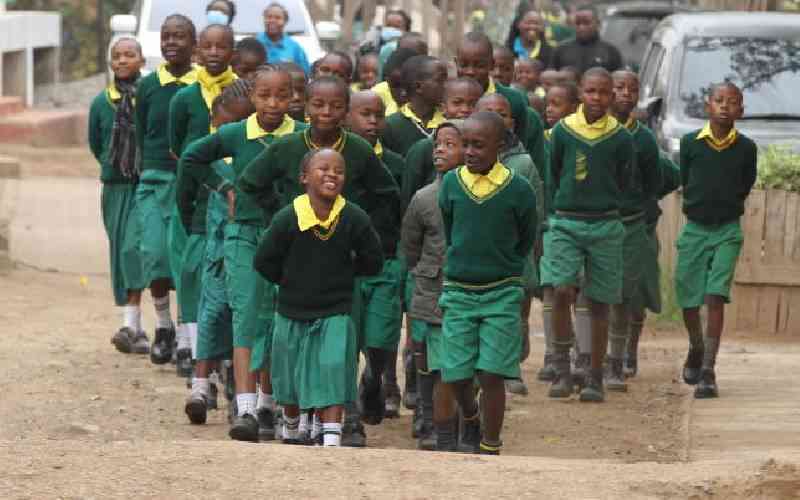×
The Standard e-Paper
Fearless, Trusted News

Education is a public good. All children should have access to education as a human right, irrespective of their gender, socioeconomic or disability status.
This is reinforced and validated by countries' commitment to Sustainable Development Goal 4. Its promise is inclusive and equitable education, and lifelong learning for all children.